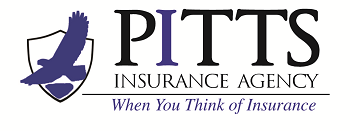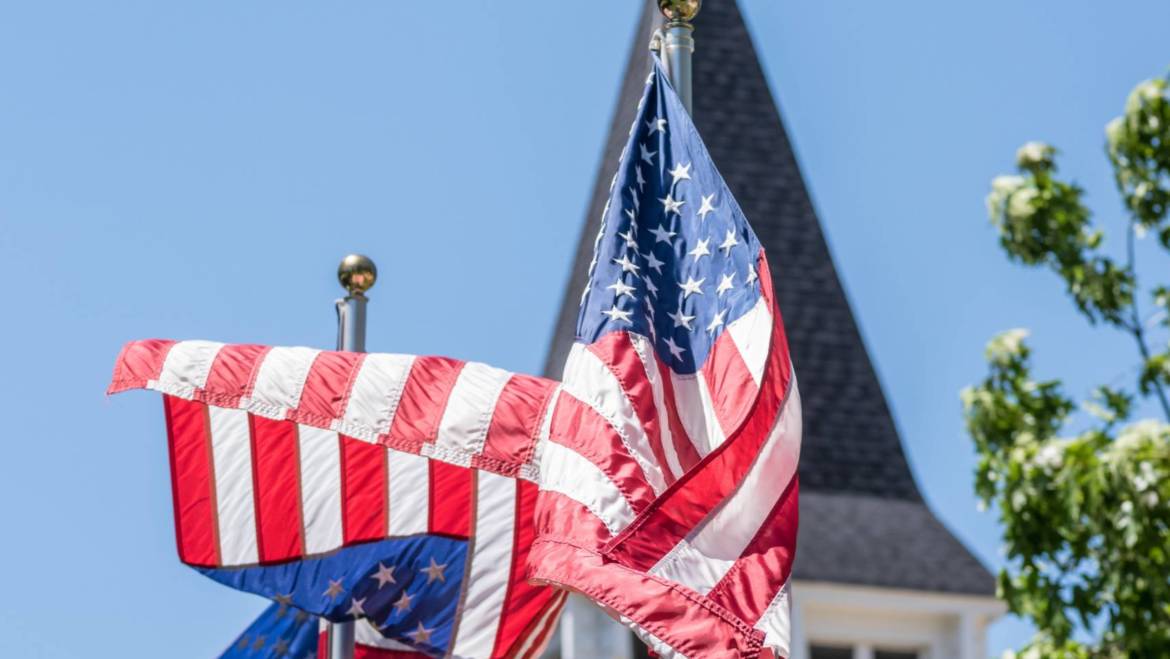With over 70% of the world’s population identifying as members of a religious community, it’s clear that religion plays a vital role in many people’s lives. As the heart of their spiritual (and many times physical) communities, religious organizations provide much more than opportunities for worship, guidance, and a building.
From meals on wheels to second-hand shops, religious organizations offer:
- Opportunities for employment and volunteering
- Locations for events and meetings (secular and non-secular)
- Education (for children and adults), schools, and camps
- Housing, transportation, and more.
“Religious organizations may not be aware of the full extent of their risk exposure from their daily and seasonal activities and programs,” says Nicholas Colletta, Assistant Vice President and Religious Organization Insurance Underwriting Manager, Philadelphia Insurance Companies (PHLY). “An insurance strategy that understands religious organizations’ unique needs can help protect them and mitigate risk. It should have three key elements that provide continuous coverage, protection, and service.”
Specialized Niche Coverages, Risk Control, and Claims Management
- Specialized Niche Coverages
No two religious organizations are the same. Their insurance provider should have the experience necessary to handle their unique needs, whether they are a small church or an extensive complex. Religious organizations should have the following insurance coverages:
- Property coverage to protect against expensive damages: Buildings (including the church building, pastor’s residence, school buildings, rental properties, rec centers, and thrift shops) can have quite a few unplanned exposures, such as water and building damage from burst pipes, storms, and fires. In addition to the buildings themselves, religious organizations often have unique building contents, including organs and fine art such as paintings, stained glass windows, religious artifacts, and Torahs.
- Abuse and molestation coverage to protect those in their care: Youth are at risk, whether in groups, at Sunday School, on church field trips, or at religious camps, schools, and daycares. Adult-on-adult abuse and harassment can also cost your organization. Obtaining a policy that addresses these concerns can help your organization stay afloat if there were to be an issue that arises.
- Auto coverage to protect those who travel and the vehicles used: Church vans, buses, and the pastor’s own car are common risks. Religious organizations may also have a hired and non-owned vehicle exposure, such as a church employee in their personal vehicle hitting a motorcyclist.
- General Liability coverage for 24/7 protection: Slips, falls, and other injuries to church members and visitors require protection– in one case, a trip and fall on a cracked church sidewalk resulted in $533,668 of damages. Injuries can happen during activities such as volunteer events.
- Coverage for Professional Liability is also a must-have. This covers services performed by religious leaders from counseling (including religious, marriage, alcohol, and drug abuse) to circumcision by a mohel performed by religious leaders. And lastly, protection from crime, theft, and even cyber threats (3.4% of daily hacks are against religious organizations) are recommended as part of a comprehensive coverage strategy.
-
Risk Control
Combining a risk management program with insurance coverage is the next vital element of a comprehensive protection strategy.
“Controlling risk is critical for religious organizations,” says Eric Smith, a Senior Analyst in the Risk Management Services department at PHLY. “It may be difficult for them to know where they are exposed to risk because they provide so many services.”
RMS consultants can assist with reviewing policies and current exposures and provide recommendations on how to strengthen risk management practices. These services are typically included in the insurance premium.
-
Claims Management
The third essential component of a solid insurance strategy is claims management.
Religious organizations should expect their insurance company to handle claims quickly and easily. Look for insurance companies with examiners who have experience in this niche to make the claim process as straightforward as possible, so the organization can get back to what they do best.
This post is brought to you by our provider, Philadelphia Insurance Companies, where you can read the original post.

